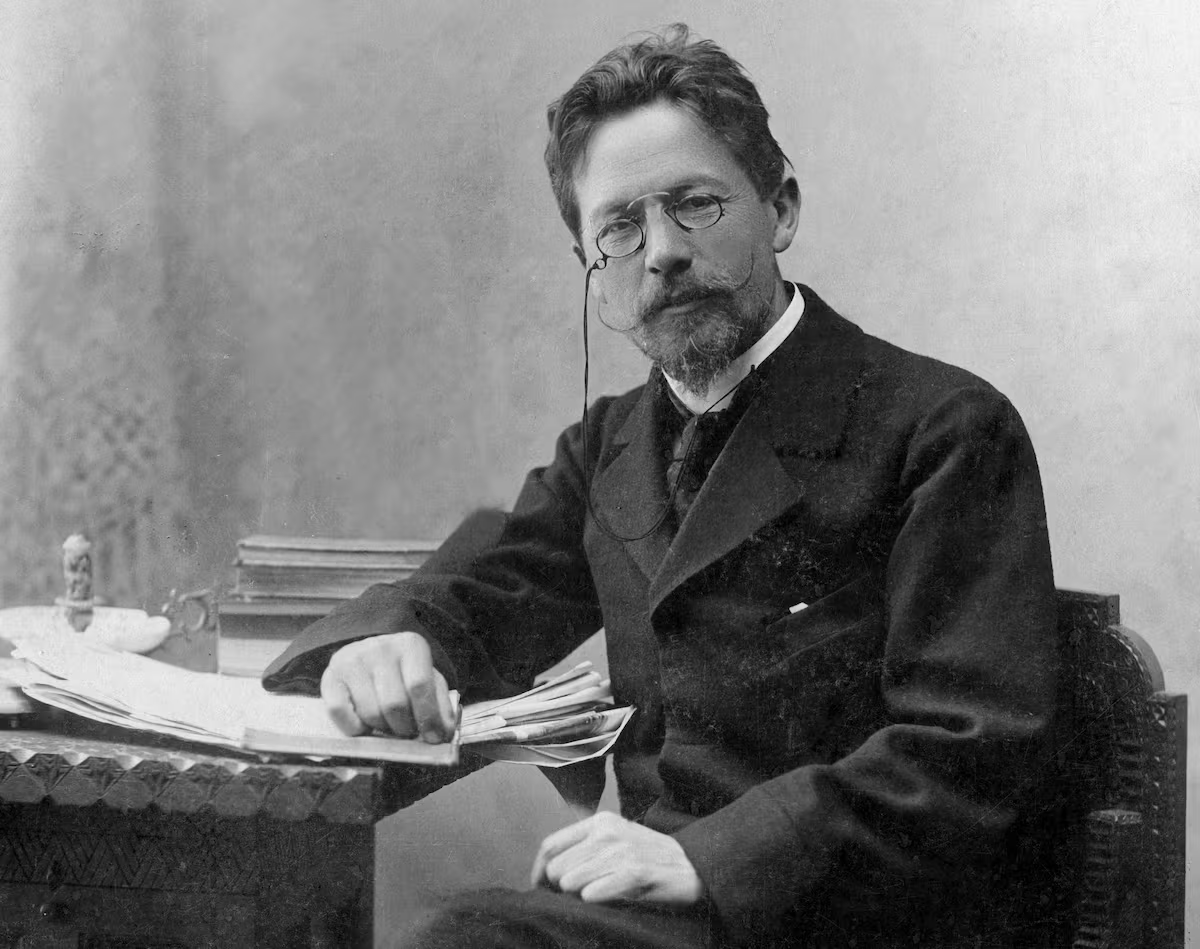
In one of his letters, Anton Chekhov wrote that medicine was his legal wife and literature “his mistress”. While working as a rural doctor in the cities of the Moscow Oblast, he created characters, imaginary conflicts and unities of action. In this way he spread stories and dramatic works along a path that will go around the world.
Crossing the boundaries of reality, he invented a disease called “hyperesthesia of the speech center,” which he included in one of his stories, where he took the liberty of using his medical colleagues to reinforce the lie, saying that “nine-tenths of women” suffer from this disorder. To make the imaginary illness in her story even more credible, she tells us that she was baptized by Jean-Martin Charcot himself, amputation of the tongue being the only way to stop said illness according to “this illustrious doctor”; With this Chekhov uses his profession as a doctor to write a story that is the closest thing to a joke made with the talent of a brilliant author. In this way, an imaginary disease becomes a medical term that passes for existence.
But the opposite can also happen, when a healthy person imagines himself sick and cannot live without being surrounded by doctors. It usually happens. And to transfer this anomaly into the literary dimension, the most significant example is found in Argán, the hypochondriac character of The imaginary patient de Molière, who to save money decides to marry his daughter to the son of a doctor. And if we continue with imaginary illnesses, we cannot lose in this piece the man who said he danced on the belly of a whale; We are talking about Karl Friedrich Hieronymus, better known as Baron of Münchausen (1720-1797), who will go down in history as a great fabulist, a shameless man capable of telling incredible adventures in the first person. The Baron of Münchausen will become a literary myth thanks to the German scientist Rudolf Erich Raspe (1737-1794) who wrote the first version of his adventures; He did it in English, and then the German poet Gottfried August Burger took care of returning it to its native language.
However, what interests us here about this character is that he gave his name to a psychological disorder known as Münchausen syndrome, a disorder in which the patient uses a strange way to ask for help, as he pretends to be ill, even going so far as to self-harm, thus transforming the imaginary illness into a potential illness.
But going back to the origins, going back to Chekhov, it is enough to remember that his death was an example of a life designed around that fleeting boundary that separates art from reality; a short but intense life in which fiction ended up pouring into the glass of champagne he drank on his deathbed in a hotel in the German Black Forest, shortly before dying of tuberculosis at the age of 44, toasting “his lover”.







